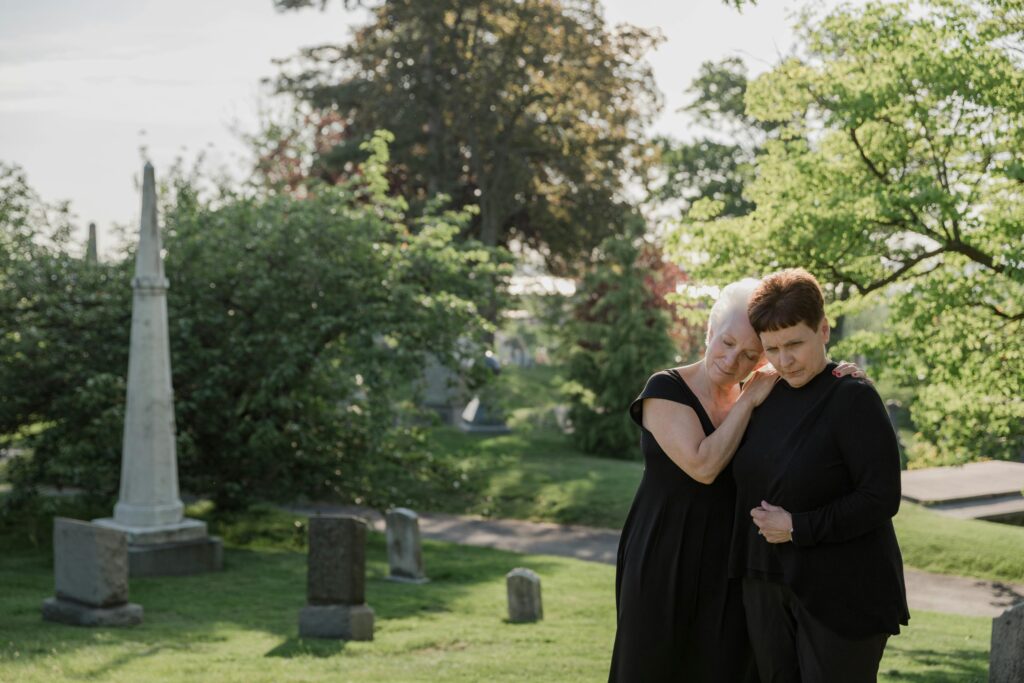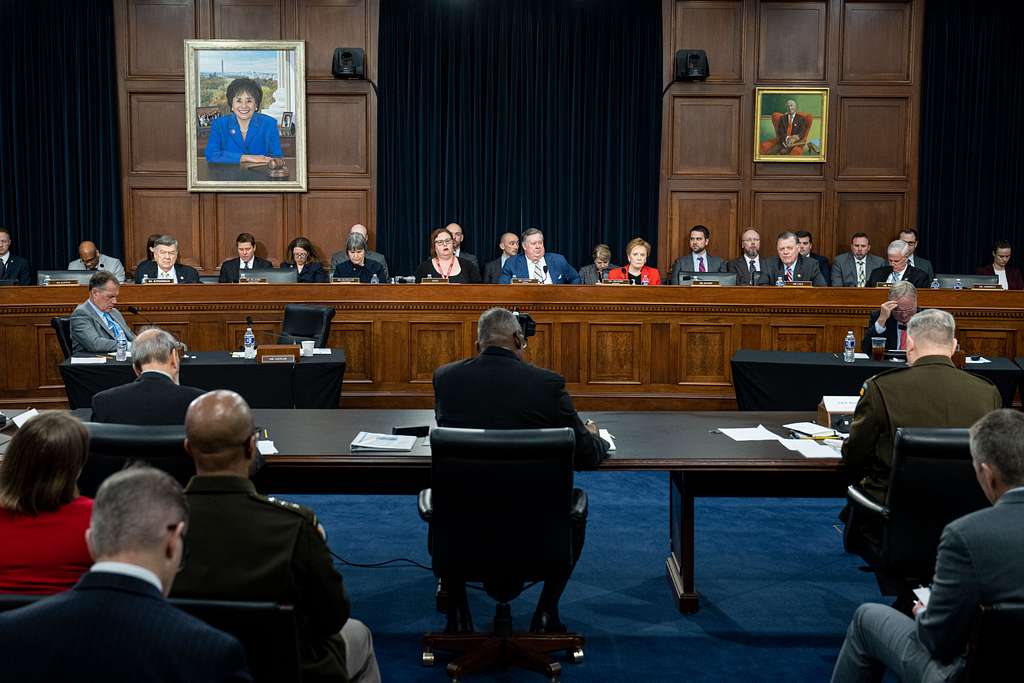Hey there, future retirees (or should I say, current procrastinators)! We all love a good daydream about sipping margaritas on a beach funded by Social Security checks—until we remember those checks might be more “mojito crumbs” than “luxury vacation.” If you’ve ever assumed that the government’s got your back (and your bank balance) covered, buckle up. We’re diving into 14 Social Security assumptions that could leave you scrambling for ramen in your golden years.
1. “I Can Just Rely on Social Security for Most of My Retirement Income”

Think you can coast into retirement on that monthly check? Spoiler: the average retiree gets about $1,980 per month—and that’s before taxes and inflation nibble away at its value. According to Investopedia, solo retirees especially can’t count on that number to cover rent, groceries, and the occasional avocado toast run. You might need a hefty nest egg or other income streams to fill in the gap.
Relying solely on Social Security is like expecting Netflix to pay your mortgage—cute idea, but not reality. Start saving in your 20s or 30s (yes, that means you, binge-watching champ) so you’ve got something other than Uncle Sam to lean on. Factor in healthcare costs, which tend to spike as you age, and you’ll see why diversifying income is non-negotiable. No one wants to be that person living off canned beans and goodwill—but relying on Social Security alone is a fast track to that pantry.
2. “I’ll Just Claim at 62 and Be Fine”

I get it—who wouldn’t take free money ASAP? But claiming at 62 locks in a permanent benefit reduction of up to 30%. The Wall Street Journal reports that early claimers are sacrificing thousands over a lifetime, all because they feared Washington would yank the rug out from under them. Anxiety-driven decisions? Been there, done that—just maybe don’t let it cost you six figures in benefits.
Waiting until full retirement age (66–67, depending on birth year) or even 70 boosts your monthly check by roughly 8% per year after full retirement age. That’s free money—yes, really—because delaying benefits is mathematically akin to snagging a raise for simply being patient. Sure, life is short, YOLO, but if you’re healthy enough to wait, you’ll thank yourself at 80 when your bigger check shows up.
3. “Cost-of-Living Adjustments Will Always Keep Up with Real Inflation”

COLA increases from Social Security aim to match inflation, but they only track the Consumer Price Index for Urban Wage Earners (CPI-W), which often underestimates real out-of-pocket costs like healthcare and housing. In fact, the Financial Planning Association warns that your COLA bump might not cover your skyrocketing Medicare premiums and long-term care needs. By year five of retirement, you could feel like you’re playing catch-up with your own bills.
Blame it on methodology: the CPI-W doesn’t weight essential healthcare as heavily as you do. Translation: your doctor’s bills might balloon faster than your benefit check. Plan for a cushion beyond the nominal COLA to dodge any “surprise” expenses without tapping into your emergency fund.
4. “Social Security Will Be Fully Solvent Forever”

We’ve heard this one since grandma was young. The HBKS Wealth Advisors report notes that Social Security’s trust fund could run dry by 2033, triggering an automatic 21% benefit cut unless Congress acts. That’s a cliffhanger no one wants starring in their retirement story.
Sure, politicians love campaign promises about “protecting Grandma’s checks,” but promises don’t pay rent. Realistically, reforms—raising payroll taxes, trimming benefits, or boosting retirement age—are likely. Don’t build your entire plan on a theory that Washington will swoop in with a miracle fix.
5. “I’ll Get Full Benefits Even if I Keep Working”

Newsflash: if you claim before full retirement age and continue earning above a threshold (around $24,000 in 2025), Social Security will deduct $1 from your benefits for every $2 you earn over the limit. The Financial Planning Association highlights that this penalty can erode your early benefits, sometimes by hundreds of dollars monthly.
It might feel like punishment for hustling in your 60s. And yes, once you hit full retirement age, those deductions stop—but you’ll have lost benefits you’ll never fully recoup. Work-life balance? More like work-benefit reduction. If you plan to keep freelancing or consulting, factor in those earnings limits or delay claiming altogether.
6. “My Spouse Can Automatically Get Half My Benefit”

While spousal benefits can be up to 50% of the higher-earner’s benefit, they aren’t “free money” for every couple. If your spouse worked and paid into Social Security, their own benefit might exceed the spousal amount, making the 50% rule irrelevant. Moreover, claiming strategies can get tangled: if your spouse claims a spousal benefit early, it could reduce the survivor benefit later.
Couples need a claiming strategy that maximizes total lifetime income, not just a quick calculation of “half of yours is mine.” A savvy planner can map out claiming ages for both partners to optimize joint benefit streams and potential survivors’ benefits. Treat spousal benefits like a puzzle piece, not a guaranteed side dish. And remember: to qualify for spousal benefits, you must be married at least one year—so this isn’t some Tinder loophole. There are even specific rules for divorced spouses, so don’t assume a past “I do” doesn’t count for something. Read the fine print or risk leaving money on the marital table.
7. “I’ll Handle Taxes on Benefits Later”

Surprise! Up to 85% of your Social Security can be taxable at the federal level, depending on your other income. Add state taxes in some places, and you could see a bigger slice taken out than you thought. If you’re drawing from IRAs, 401(k)s, or part-time gig income, tax planning becomes a must.
Run “what-if” scenarios now with your accountant or financial advisor to avoid a nasty April tax bill when benefits arrive. Pre-retirement Roth conversions or strategic withdrawals can help minimize overall taxes in retirement. Don’t wait until you’re knee-deep in 1099s and Medicare receipts to start thinking strategy. Even adjusting your withholding now can save you from sticker shock later. Bottom line: Social Security isn’t always tax-free, and assuming so could mess up your budget big time.
8. “The Full Retirement Age Is 65 for Everyone”

Not so fast! If you were born between 1954 and 1960, your full retirement age slowly shifts from 66 to 67. Miss that memo, and you could claim early unknowingly, shaving off benefits permanently. Check your birth year chart on SSA.gov—yes, do it now, promise me.
This creeping retirement age also affects survivor benefits and disability calculations. Treat the exact number as gospel, because in this case, “moving targets” could mean less money in your pocket. And don’t assume Medicare kicks in at the same time either—that’s still 65. Confused yet? Good. That’s why it’s essential to actually read up instead of guessing your way into early poverty. This isn’t a quiz you want to fail.
9. “Social Security Is an Adequate Disability Safety Net”

Roughly 10 million Americans receive Social Security Disability Insurance (SSDI), but the average monthly check is under $1,400—often barely covering rent. Plus, qualifying for SSDI can take months (or years) if appeals drag out. If your plan B for a work-ending injury is SSDI, you might face financial hardship before benefits kick in.
Supplement SSDI with private disability insurance or build a six-month cash reserve so you’re not destitute if disability strikes. Better to have extra coverage and never use it than regret going bare. Think of SSDI as the safety net of last resort—not your first line of defense. Denials are common, paperwork is exhausting, and doctors’ letters aren’t always enough. Prep now so you’re not scrambling with a broken back and a broken budget later.
10. “I’ll Skip Survivor Benefits Planning—My Spouse Will Be Fine”

Survivor benefits can be a lifeline, but spouses must be strategic. If the lower-earning spouse claims early, it could reduce the survivor benefit for the widow(er). And if both spouses claim at the same time, there’s no “re-add” button later.
Mapping out survivor-benefit timing and possible switches can preserve 100% of the higher earner’s benefit. It’s estate planning meets Social Security—get them talking. Don’t assume your spouse will just “figure it out” after you’re gone. Survivor benefits are complex, and the timing of the first claim affects the rest of the surviving spouse’s life. Planning ahead now avoids crisis-mode decisions later.
11. “I Don’t Need to Update My Earnings Record”

Ever noticed a typo in your SSA earnings record? Those missing years or wrong numbers can slash your eventual benefit. The SSA recommends checking your Statement annually.
Ignoring discrepancies is like leaving cash on the table. A quick correction today could mean hundreds more per month in retirement. Especially if you’ve switched jobs a lot or had freelance gigs—it’s easy for reporting errors to happen. Think of your earnings record like a financial resume: if it’s not accurate, you’re not getting the job (or the money). Take 10 minutes now to review it so you’re not out thousands later. Even a single underreported year can drag down your 35-year average earnings, which is what your benefit is based on. And good luck trying to fix it decades later when HR records are long gone and your former employer is now a smoothie bar. Keep digital copies of W-2s and tax returns handy in case you ever need to back yourself up.
12. “I’ll Just Take Social Security and Don’t Worry About Medicare”

Your retirement plan needs more than one “social” safety net. Medicare Part B premiums can rise based on your combined income, including Social Security. A bump in Part B could eat a chunk of that check. And if your income jumps due to required minimum distributions or part-time income, those premiums can climb higher than you expect. It’s called IRMAA (Income-Related Monthly Adjustment Amount), and it’s basically a fancy way of saying “you earned more, now you owe more.” So while your benefit amount might look nice on paper, healthcare costs could silently chip away at it.
Plan for health costs—Medigap, Part D, dental, vision—so you’re not stuck choosing between meds and groceries. You’ll also want to time your Medicare enrollment correctly to avoid lifelong penalties. Surprise: retiring late doesn’t mean you can skip Medicare deadlines. And if you don’t sign up on time, you could be hit with a 10% penalty for each year you delay. Don’t let a Medicare mix-up mess up your whole healthcare game.
13. “I Can’t Influence How Congress Fixes Social Security”

True, you can’t vote on every bill, but you can advocate. Join advocacy groups like the Senior Citizens League or AARP to lobby for reforms that protect benefits without draconian cuts. Even writing to your representatives or signing petitions can make waves when enough people get loud. Social Security might seem like a political third rail, but that doesn’t mean it’s untouchable. Trust me, Congress notices when voters start paying attention—especially the ones who actually turn up at town halls or flood inboxes.
Your voice matters—lawmakers listen when constituents marshal en masse. Silence can mean worse outcomes. Millennials and Gen Xers especially need to make noise, because future cuts will likely hit them hardest. Even sharing updates or raising awareness online can be a form of pressure. Don’t wait until the checks shrink to get involved—by then, it’s way too late.
14. “I’ll Cross That Bridge When I Get to It”

Procrastination might be a millennial trait, but it’s killer for retirement. Assuming “tomorrow” will sort Social Security, taxes, healthcare, and benefits is a gamble with very bad odds. Adulting might be exhausting, but future-you doesn’t want to be broke, bitter, and Googling “can you retire on vibes alone?” Avoidance feels easier now, but it’ll just make the situation more complicated—and expensive—later. The truth? Retirement planning isn’t a one-time thing; it’s a slow burn that pays off big-time when you actually need it.
Start planning now—run projections, set retirement goals, and revisit them annually. Your future self will send a gratitude text when the time comes. And hey, you don’t have to have it all figured out today—just take one step. Set a reminder to check your SSA.gov account or schedule a chat with a financial advisor. Baby steps now beat panic later.
This article is for informational purposes only and should not be construed as financial advice. Consult a financial professional before making investment or other financial decisions. The author and publisher make no warranties of any kind.








